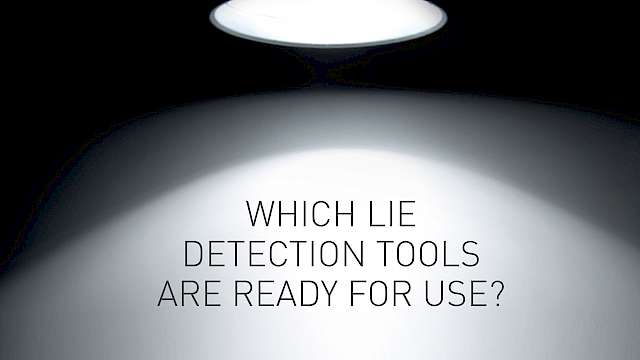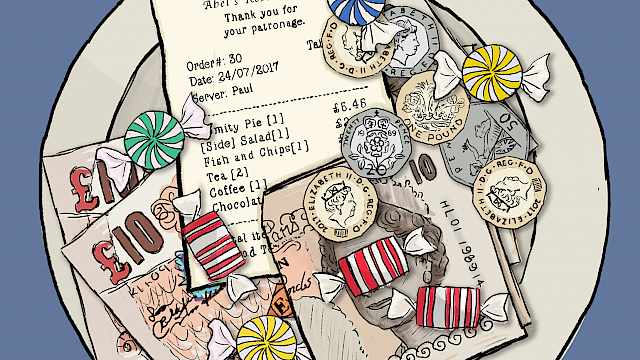You arrive at a scene in which someone is standing on the ledge of a roof, threatening to jump down. You’ve been briefed and start a conversation with the hope of getting them down safely. But, in your haste, you use the wrong name. What do you say next? Should you say sorry, deny that you were wrong, or blame the person who briefed you? This simple question was raised by a crisis negotiator in the UK.
We went away to look up the social science research on the topic but were surprised to discover that there was none. Even though errors are commonplace in conversations, and even more likely in high-emotional and high-stake scenarios, nobody had examined them.
My research is a response to this. It aims to better understand the effects of errors and how best to respond to them – an action referred to as communication error management. Together with colleagues, I’ve assessed communication error management in both suspect interviews and crisis negotiations and found some unexpected effects.
The first goal of our work was to understand the kinds of errors officers make in interaction, and how they try to respond.
In interviews with professional crisis negotiators, we found a clear distinction between three types of error: factual, judgment, and contextual.
Types of error
We also found it possible to classify officers’ responses into four categories: accept, apologise, attribute, and contradict.
Types of response
That’s what people do. But how do errors make them feel?
As you might expect, professional law enforcement officers find making errors distracting and stressful. However, across several studies, we have found that this negative impact can be reduced by taking an error-management rather than an error-prevention approach.
When taking an error-management approach, errors are considered inevitable and are classified as opportunities from which one can learn. When taking an error-prevention approach, errors are believed to be detrimental and should be prevented at all cost.
Is it rational to be concerned about errors? Probably. We have found that judgment errors negatively affect trust and rapport in suspect interviews. But, we did not find this negative effect in crisis negotiations. Surprisingly, in crisis negotiations, there was a positive effect of errors, with suspects sharing more information after an error was made. Suspects share more, it turns out, in an effort to explain why the law enforcement officer was wrong.
The ultimate effect of an error is dependent on the response that is used after the error.
Error management
An accept response is effective in re-establishing rapport and decreasing hostility. A contradict response threatens it. An accept response is more effective in suspect interviews. Apologies are more effective in crisis negotiations.
A possible explanation for this latter difference is that the needs of the suspect differ in these types of interactions. In a suspect interview, the suspect wants to make sure that the interviewer records the correct information, so a simple accept will do. In a crisis negotiation, the suspect needs attention and the sympathising tone of an apology addresses this need.
All in all, communication errors can be both positive and negative. From the eyes of law enforcement officers, errors increase distraction and stress, while errors of judgment predominantly have a damaging effect on the suspect.
But ultimately the effect of an error is determined by how the maker of the error responds.
Read more
- Want to read more about communication error management? Go to the author’s publication list via the following link: https://miriamoostinga.com/publications/
Copyright Information
As part of CREST’s commitment to open access research, this text is available under a Creative Commons BY-NC-SA 4.0 licence. Please refer to our Copyright page for full details.
IMAGE CREDITS: Copyright ©2024 R. Stevens / CREST (CC BY-SA 4.0)






